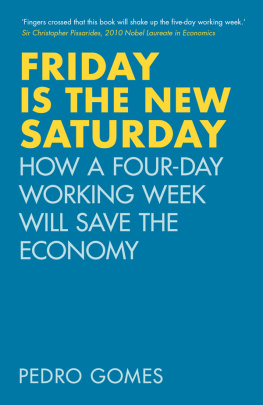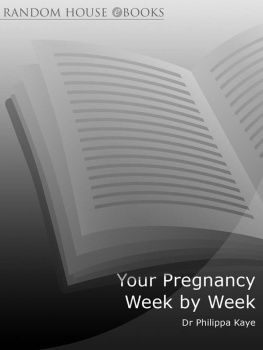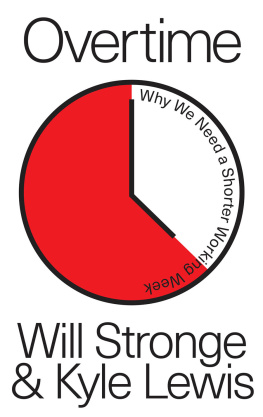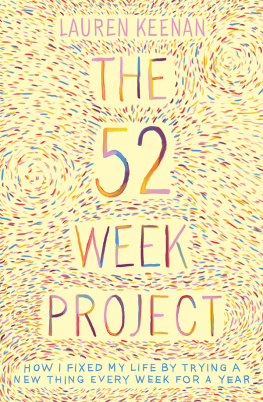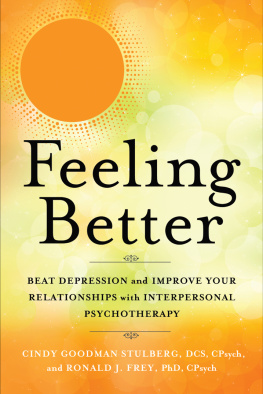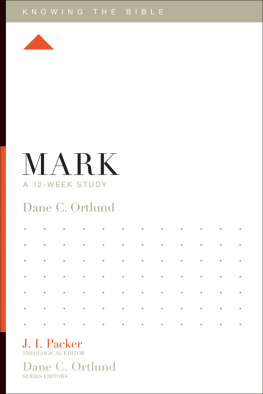Contents
Guide

First published 2021
FLINT is an imprint of The History Press
97 St Georges Place, Cheltenham,
Gloucestershire, GL50 3QB
www.flintbooks.co.uk
Pedro Gomes, 2021
The right of Pedro Gomes to be identified as the Author of this work has been asserted in accordance with the Copyright, Designs and Patents Act 1988.
All rights reserved. No part of this book may be reprinted or reproduced or utilised in any form or by any electronic, mechanical or other means, now known or hereafter invented, including photocopying and recording, or in any information storage or retrieval system, without the permission in writing from the Publishers.
British Library Cataloguing in Publication Data.
A catalogue record for this book is available from the British Library.
ISBN 978 0 7509 9829 1
Typesetting and origination by The History Press
Printed and bound in Great Britain by TJ Books Limited, Padstow, Cornwall.
eBook converted by Geethik Technologies

To my father, for teaching me how to think.
To my mother, for showing me how to do.
To my sister, for inspiring me to write.
Contents
PART ONE:
UNDERSTANDING THE FOUR-DAY WORKING WEEK
Acknowledgements
As a schoolboy, I was always better at dealing with numbers than with words. I never had any desire to write a book. The need to explain my view on the four-day working week, and clear the misconceptions around it, forced my hand. When I persuaded myself to do it, I thought it would be a painful and a solitary endeavour, much like running a marathon. I was wrong. Research was exciting and putting all my thoughts together, inventing analogies and building such a big narrative was invigorating rather than painful. Plus, it was like cycling a grand tour, rather than running a marathon. The glory appears to be individual, but behind the winner there is the teammates support. I had to sit down, research, read, think and write, but in going over the final draft, I found many fragments of my family, friends and colleagues with whom I discussed my ideas, plus the red pen of the editors who helped me much along the way.
For a start, the book has only come about thanks to my agent, Jonathan Conway, and Laura Perehinec at Flint. Thank you for believing in this project. Jonathans amazing work raised the book to a much higher standard. Nick Humphrey and Dan Coxon copy-edited the proposal and the final draft, and Jezz Palmer made the book real.
My colleague Ron Smith, a fountain of wisdom, joy and dedication, and Alejandro Librero-Cano, my friend and former student, carefully read the embarrassing first version of each chapter, much harder to read than the final manuscript. Their many comments on the economic arguments and the pitch of the writing helped me immensely in striking the right balance.
Many of my friends men and women, young and old, left- or right-leaning, from different countries have read and commented on the book or indulged me in long discussions, helping me see the four-day working week from their unique viewpoint. Cristina Pinheiro and Tito Casquinha read early versions and encouraged me to keep going. The comments with a helpful dose of scepticism of Matthias Burgert, Franois Pouget and Jorge de Castro helped me polish the arguments. Tommaso Garibaldi, Stephen Wright, Sandeep Kapur, Carolyn St Aubyn, Marcelo Ferman, Sue Lawrence, Dave Clayton, David Ford, Agustin Casas, Yarine Fawaz, Matilde Pinto Machado and Maya Mendiratta read later versions of the draft or individual chapters. Two accomplished writers, Joo Medeiros and Richard Davies, guided me through the publishing process and advised me on the art of writing. Joo, a lifelong friend, is a tough but rousing coach. Tito Fernandes, Shambhu Manandhar and my Graduate Diploma in Economics students shared with me their inspiring stories.
My friend Pietro Garibaldi encouraged me to write my ideas in a book in the first place. Rachel Ngai and Francesco Caselli, both great teachers and great scholars I admire, saw a presentation of my arguments while I was still writing this book. Christopher Pissarides took time from his busy schedule to read the book before it went to the printing press. I am indebted to all four for having endorsed the book in its early stages. Many of my initial thoughts materialised while supervising Suhair Hindiyeh, a masters student at Birkbeck. Discussions with other fellow economists at Birkbeck and elsewhere helped me polish the arguments: Colin Rowat, Andy Ross, David Schroeder, Roald Versteeg, Yunus Aksoy, Ken Hori, Jean-Baptiste Michau, Ivy Sabuga, Issam Samiri and Paul Wohlfarth. My students from the MSc of Politics, Philosophy and Economics 2020 class endured more than eight hours of online detailed exposition of my arguments, often past 9 p.m., and made many comments and suggestions that I incorporated in the book. Marie Licht drew, on request, two of the comic strips. My friends Sarolta Lacz, Dylan Morrissey (and Figgy), Theodore Kyriakou, Marie-Laure Morelli, Mrio Pereira, Rui Panlo, Delphine Morin, Kenny Labrosse, Mafalda Pinto, Carlos Morais and Patricia Melo helped me in various ways.
Finally, I owe much to my wife, Amlie, and my daughter Nina. Besides having to put up with an absent-minded husband, Amlie, who finds economics extremely boring, patiently read preliminary drafts in what can only be described as proof of love. Nina lost several hours of play with daddy. When she starts working, she will realise it was a small price to pay for having a three-day weekend. I hope shell want to spend some of those Fridays with her parents. Amlie and Nina have forgiven me for dedicating this book instead to my sister Rita, and to my parents Joaquim and Manuela. I only got to this point in my life, where I have the knowledge, capacity, comfort and inspiration to write this book, because of the unconditional love and support they have given me throughout my forty years of existence.
Praise for Friday is the New Saturday
As societies become richer there is demand for more time off work and better-quality hospitality and entertainment services. Pedro Gomes makes a compelling case that our societies are now ready to institutionalise this ongoing trend: formalise a week made up of four working days and three weekend days. He shows that extending the laws, regulations and customs that now govern Saturday to Friday will not cause havoc but will make us a happier lot. If this sounds boring, you can be sure that it is far from it. Written in an easy style, with humour, the book tells stories from economics, history and even the authors own experience with childcare, that directly or indirectly support the four-day week. Social institutions change slowly, unless a big shock, like a war or a pandemic, comes and shakes them up. Fingers crossed that this book will shake up the five-day working week without the need for another war or a new covid virus.
Sir Christopher Pissarides, 2010 Nobel Laureate in Economics
I have seen a presentation of Pedro Gomes argument for the four-day working week. If the book is half as compelling as his talk, it will convince many that the time for it has come. Rooting his arguments in the writings of the greatest economists is a brilliant presentational device: not only does it confer the seal of scholarship to Gomes work, but it also shows that one does not need to be a leftist to see the economic case for the four-day working week.

